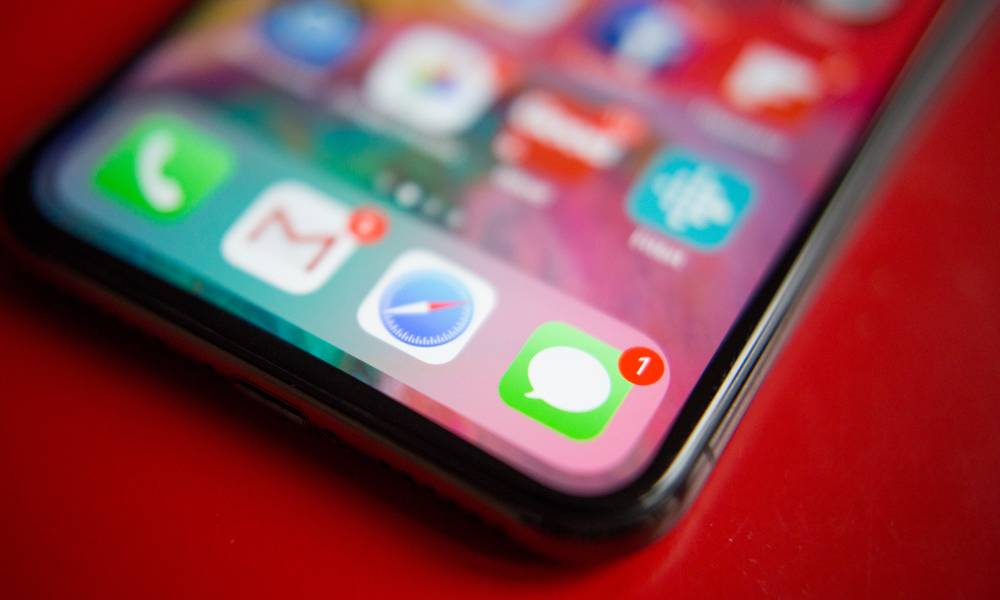Chinese State Media Attacks Apple for ‘Allowing’ Prohibited iMessages
 Credit: Dedi Grigoroiu / Shutterstock
Credit: Dedi Grigoroiu / ShutterstockToggle Dark Mode
Apple is under attack from Chinese state media, which is claiming that the Cupertino tech giant isn’t doing enough to block prohibited content in Messages.
What Is Considered Prohibited Content?
Several state-affiliated media outlets, including state-run news agency Xinhua, have launched a volley of criticisms at Apple for allegedly failing to curb the proliferation of texts and images with banned content, including pornography, gambling and counterfeit goods, the Wall Street Journal reported.
Apple did not comment on the Chinese media reports specifically but told the WSJ that iOS has tools to filter or block unwanted content in Messages.
Of course, Apple’s own mobile operating system cannot read the contents of iMessage texts, which are encrypted. Because of that, there’s no automatic way of filtering out certain content — users have to manually block messages or senders themselves.
In other words, Apple’s commitment to protecting its users’ privacy might be snarling measures to reduce text spam.
Similarly, some of the Chinese media criticisms relate to Apple’s other services. For example, state-affiliated broadcasting company CCTV accused Apple’s App Store of allowing illegal gambling apps disguised as legitimate lottery platforms.
The WSJ did note that it is common for Chinese state-run media organizations to launch campaigns against corporations during times of trade tensions.
Additionally, if Chinese authorities find that Apple’s systems aren’t in compliance with state regulations, they could shut down any features — like iMessage or the App Store — that are found in violation, Beijing-based attorney Yang Zhaoquan told the Journal.
Apple in China
If Chinese authorities prove that encrypted combinations allow the distribution of prohibited content, it could spell trouble for iMessage encryption in the country.
The company’s only real choice may be to eliminate end-to-end encryption, or to implement stronger anti-spam functions in iMessage — which would require iOS to be able to read encrypted messages. Apple has bowed to Chinese government pressure in the past to prevent shutting down one of its services, however.
The company recently moved all of its iCloud data for Chinese users to servers based within the country. Most notably, those servers are owned and operated by the state.
Apple said it made the change because the only alternative was to shut down iCloud in China completely. But human rights and privacy advocates have widely criticized Apple for the move, equating it to a betrayal of its Chinese users’ privacy.
Chinese-U.S. Trade War
The barrage of media criticisms also comes in the midst of a brewing trade war between the U.S. and China. Apple, for its part, has done what it can to smooth over tensions between the two governments.
But while President Donald Trump has reportedly promised Apple that its iPhone would be exempt from any tariffs aimed at China, Apple could still be impacted by the trade war — particularly as China is a critical market for the California-based juggernaut.






